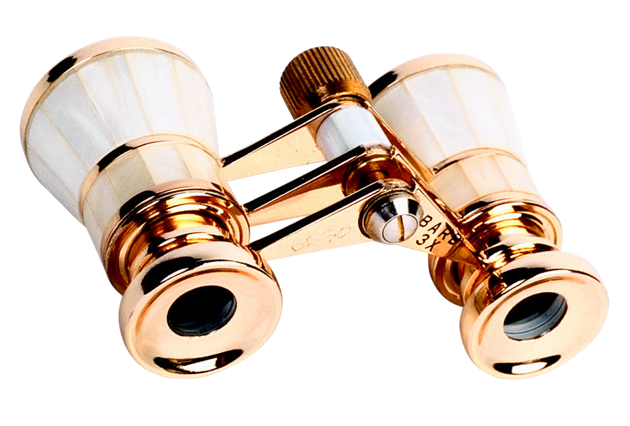 An Upper Tribunal has ruled in favour of HMRC and rejected the argument from the Royal Opera House Covent Garden Foundation, to deduct VAT totalling £532,069 paid by it on supplies comprising production costs between 1 June 2011 and 31 August 2012.
An Upper Tribunal has ruled in favour of HMRC and rejected the argument from the Royal Opera House Covent Garden Foundation, to deduct VAT totalling £532,069 paid by it on supplies comprising production costs between 1 June 2011 and 31 August 2012.
The Royal Opera House filed several appeals challenging HMRC’s override of its VAT deductions claiming that HMRC had ‘acted unfairly and unreasonably in disallowing the recovery of input VAT. The Royal Opera House argued that there was a direct link between the foundation’s taxable revenue streams and its tax-exempt production costs.
In May 2019, the First Tier Tribunal agreed that the supplies did create such a link and that some input VAT incurred on the production costs was recoverable. HMRC then appealed to the Upper Tribunal in April 2020.
The case references the Principal VAT Directive, as interpreted by the Court of Justice of the European Union (CJEU) and by UK domestic courts.
Specifically it refers to art 1.2 of the Principle VAT Directive which states: ‘On each transaction, VAT, calculated on the price of the goods or services at the rate applicable to such goods or services, shall be chargeable after deduction of the amount of VAT borne directly by the various costs components’ with article 168 stating that ‘in so far as the goods or services are used, for the purposes, of the taxed transactions of a taxable person, the taxable person shall be entitled, in the member state in which he carries out these transactions, to deduct the following from the VAT he is liable to pay the VAT due’.
The CJEU uses the general terms ‘cost components’ and determined ‘purposes’ whose meaning may not be clear when applied to actual supplies, but it is established that for an input supply to be made ‘for the purposes of’ an output supply, there must be ‘a direct and immediate link’ between them.
The Royal Opera House argued that the production costs functioned to attract customers to consume and pay for its catering supplies at the Royal Opera House, with the catering stated as an ‘integrated visitor experience’.
The catering offered by the Royal Opera House is part of that experience and the staging of high quality productions promotes the catering, which in turn provides financial support for the productions. This creates a direct and immediate link between the production costs and the catering supplies.
HMRC submitted the argument that this resulted in an unfair level of VAT recovery and that there was no sufficient direct and immediate link between the two points that the Royal Opera House had shared. HMRC stated there was no basis for holding that and where an exempt supply helps to promote a taxable supply, there is a direct and immediate link between the inputs for the exempt supply and the taxable supply.
The direct and immediate link of the production costs was with the sale of tickets to attend performances of the productions and the programme sales. At present the Royal Opera House’s sale of tickets for performances are exempt.
The First Tier Tribunal accepted the Royal Opera House’ case but the Upper Tribunal held that the First Tier Tribunal had made an error of law in its approach to the direct and immediate link test.
The Upper Tribunal rejected the Royal Opera House’ submission that a direct and immediate link was established because the production costs were incurred to attract customers to the two different supplies of tickets for performances and of catering.
It stated: ‘The fact that the production costs enabled the Royal Opera House to make the catering supplies by attracting customers who bought tickets to the opera or ballet [to] partake of the catering supplies is not sufficient to establish a direct and immediate link’.
The Royal Opera House has launched an appeal against the Upper Tribunals decision submitting the case that it was the Upper Tribunal, not the First Tier Tribunal, that applied the wrong approach to the application of the direct and immediate test.
